Mosonik, a two-year-old from Tanzania, doesn’t have a pediatrician. Her mother has never Googled one of her concerning coughs or cries. Her healthcare is based on an informal and intricate network of people and knowledge. When health problems arise, her family turns to this network to find solutions.
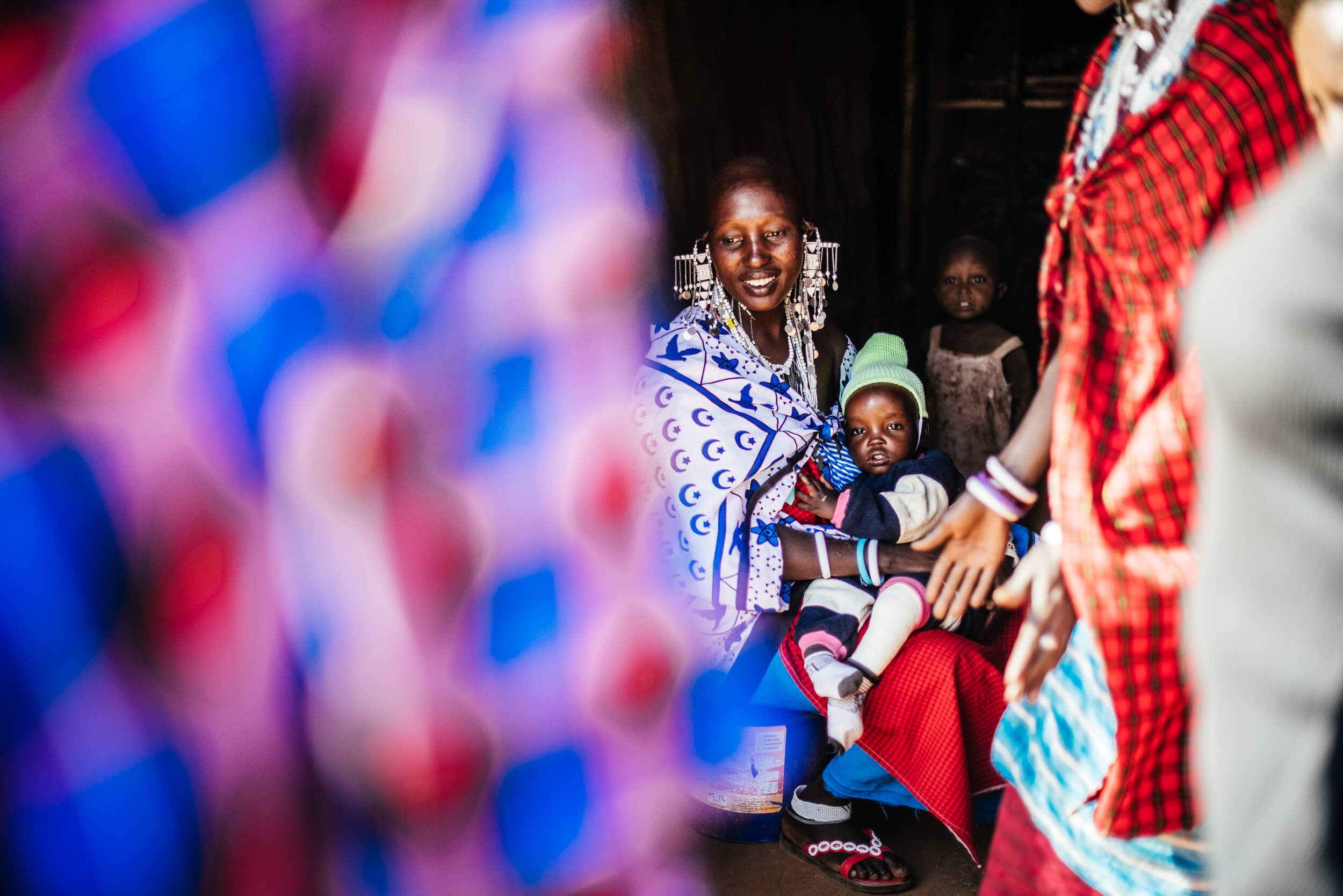
Mosonik was born with congenital clubfoot, a treatable condition that caused her left foot to painfully rotate inward. This was the first time her village had encountered this medical problem. “We hoped her leg would get better as she got older, but it got worse,” her father, an influential elder in the village, told us.
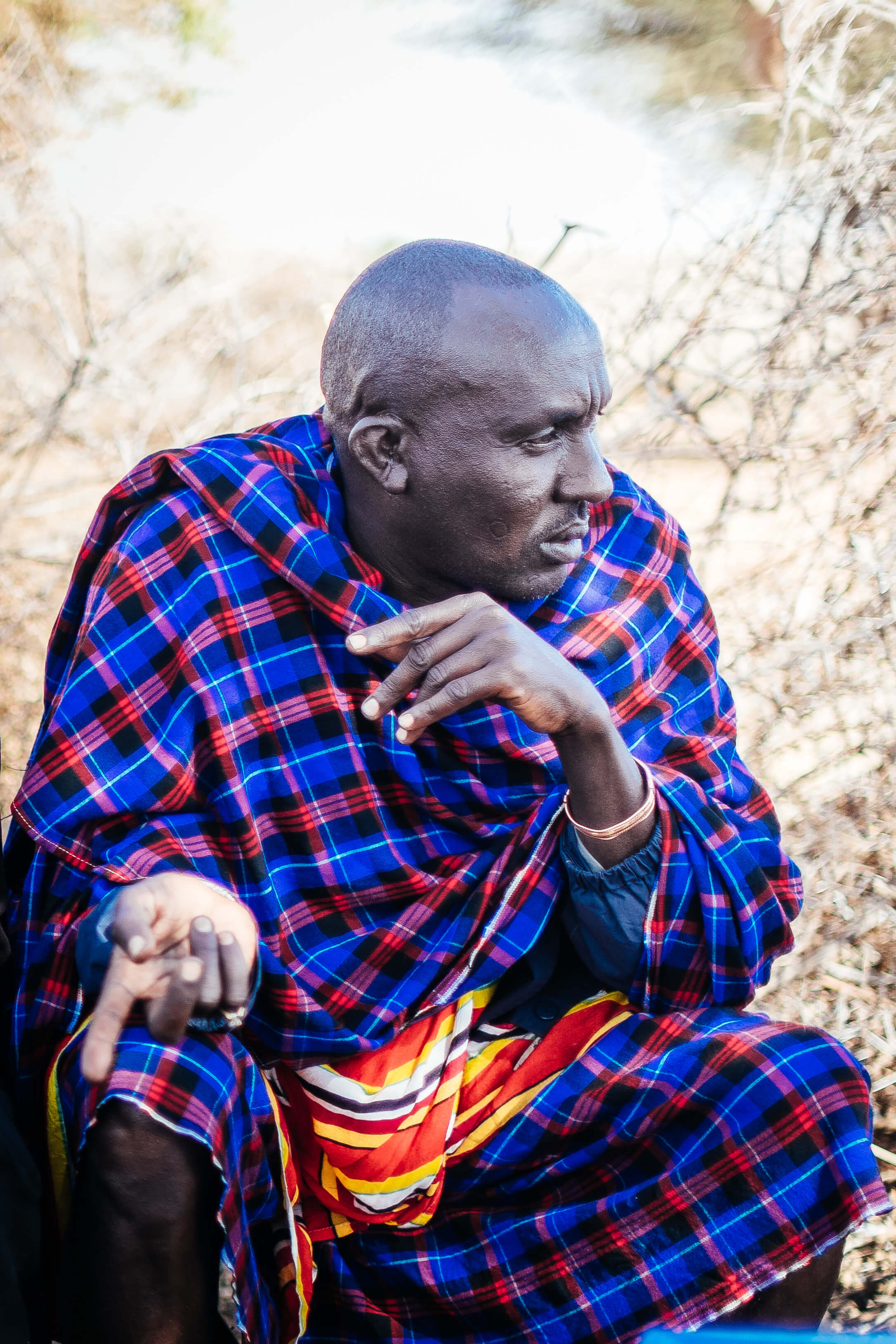
Miles from the nearest paved road, let alone town or hospital, they turned to neighboring villages for answers.
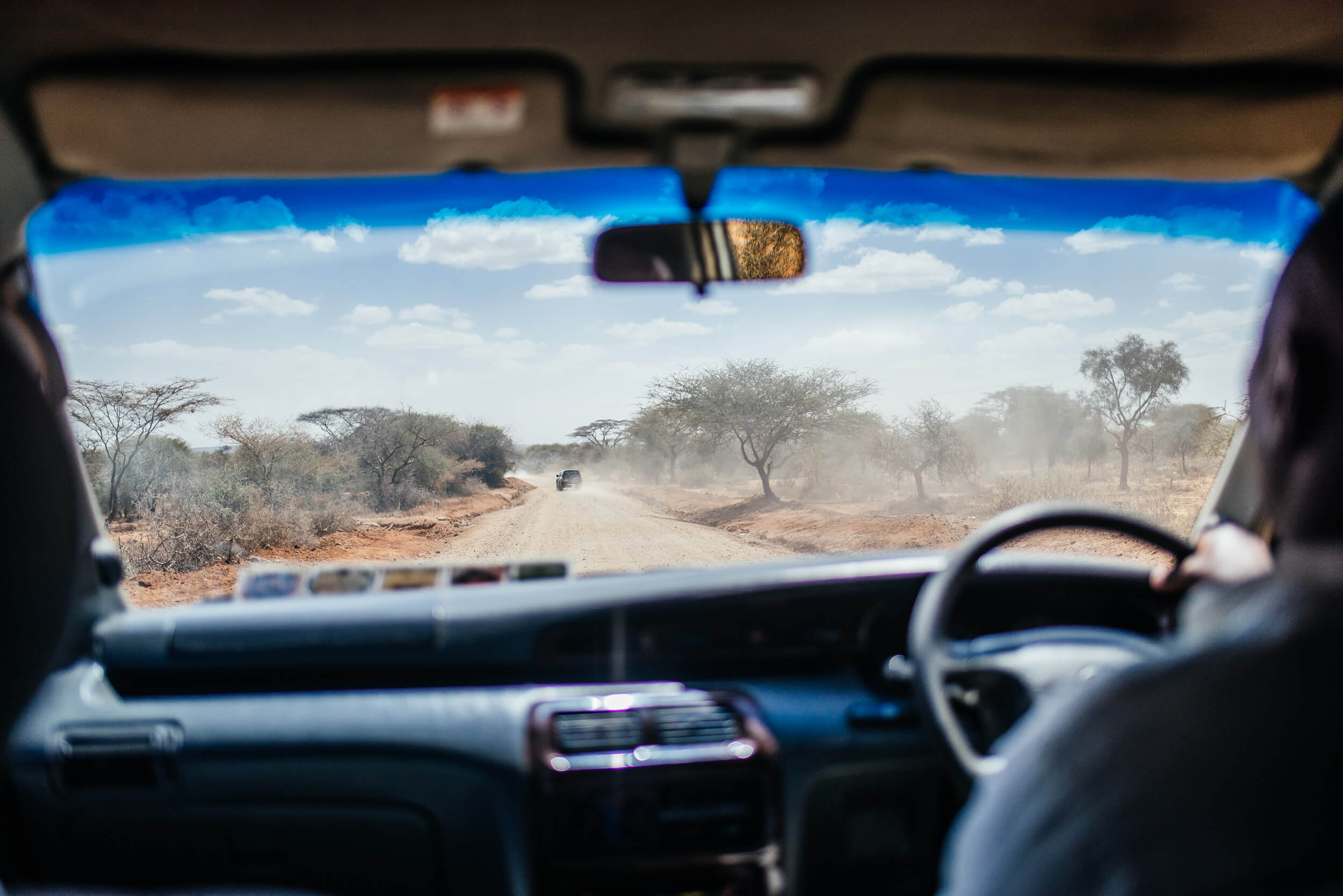
In one village, parents of a child with a similar condition recommended they send Mosonik to the Plaster House, a surgery and rehabilitation center over 50 miles away.
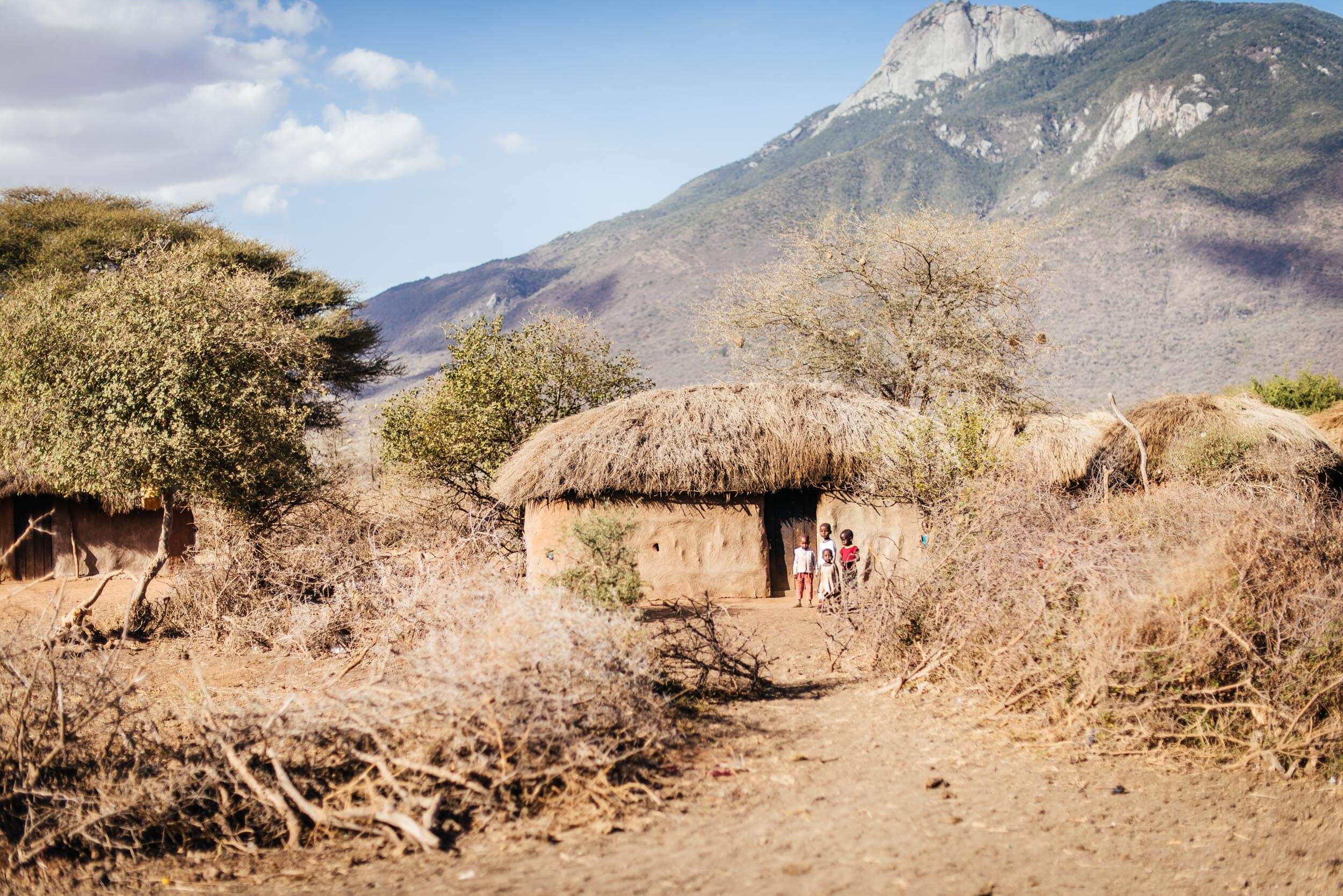
Empowered with a possible diagnosis and a destination, her family reached out to people who have access to motorbikes, and one of them offered to give Mosonik and her mom a ride to the nearest bus station.
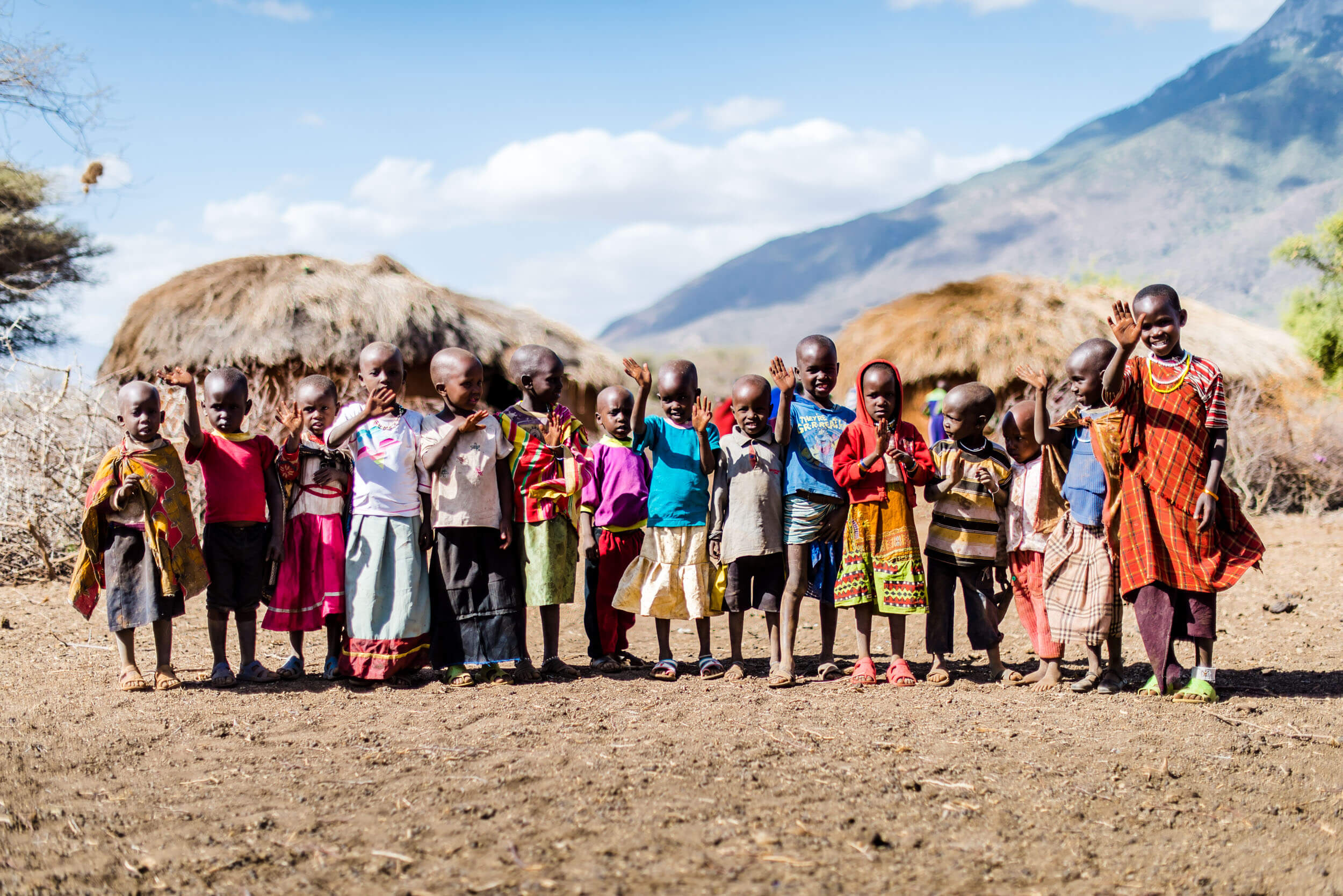
In her mother’s absence, Mosonik’s older siblings and aunts looked after her younger siblings and their family’s goats.

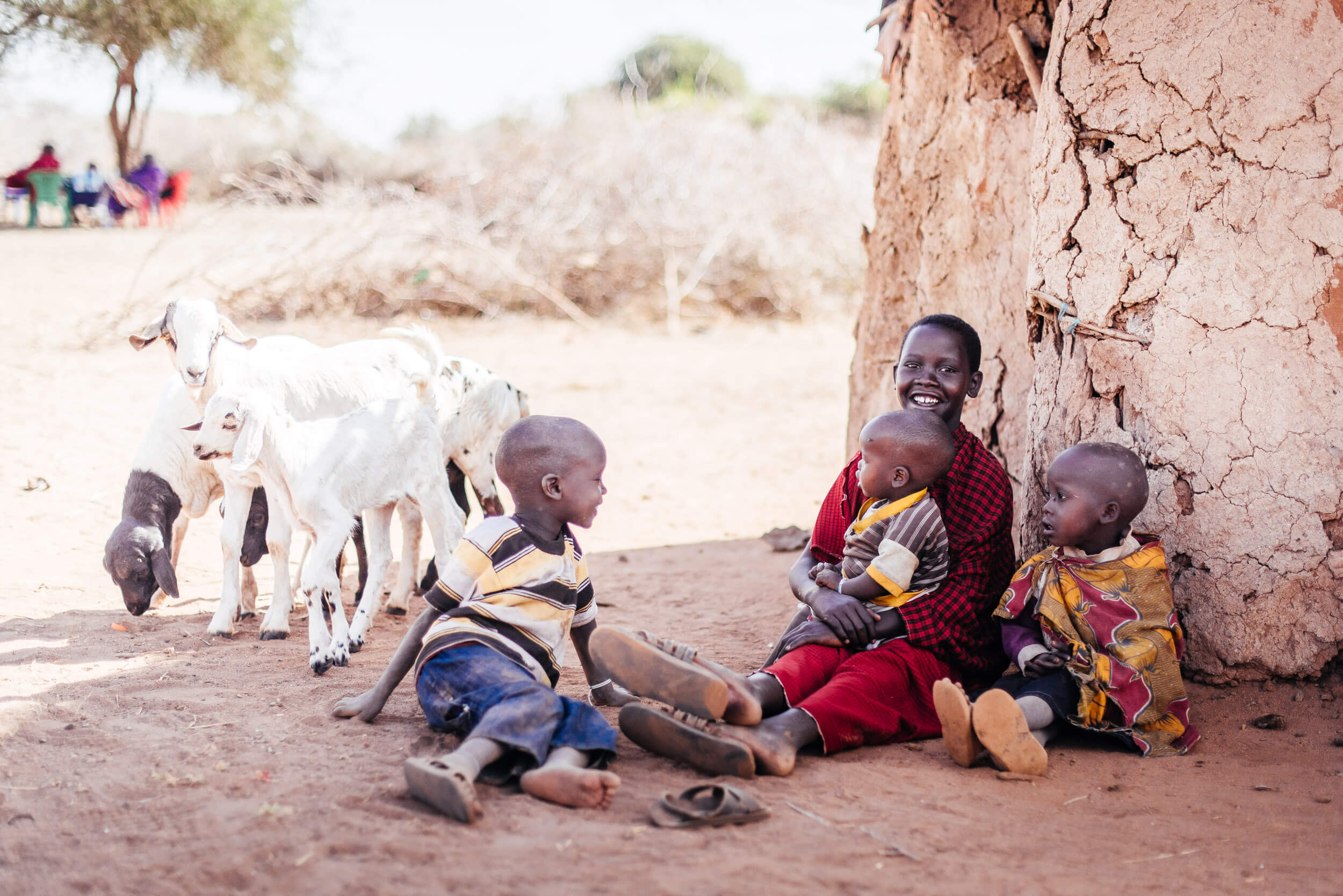
When they arrived at the Plaster House, Mosonik and her mother were greeted by Sarah, the founder of Plaster House, and the rest of the staff. “It can be overwhelming at first," Sarah told us. "People miss their homes and families, but as the children and parents see people with similar conditions getting better, Plaster House quickly becomes a second home."
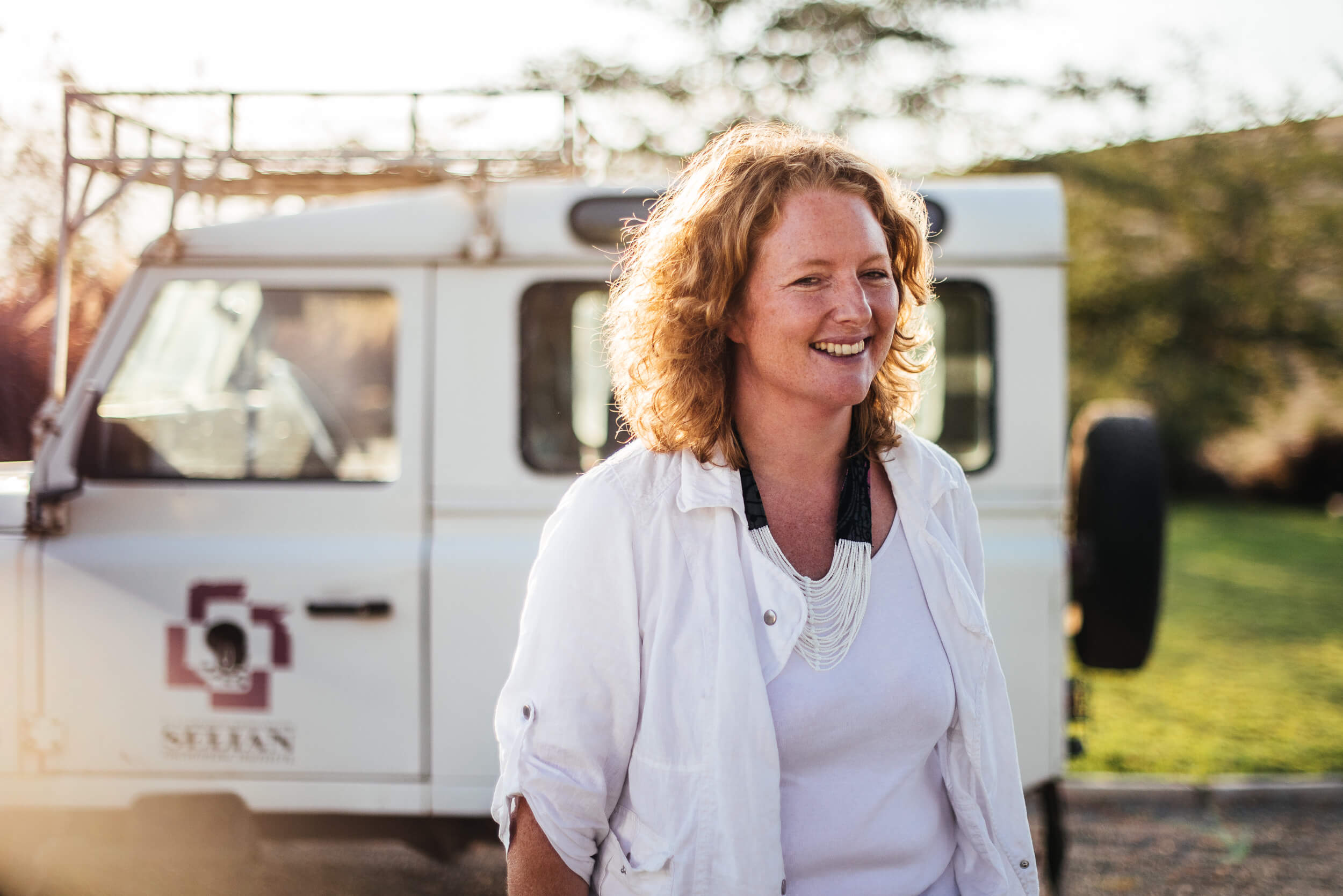
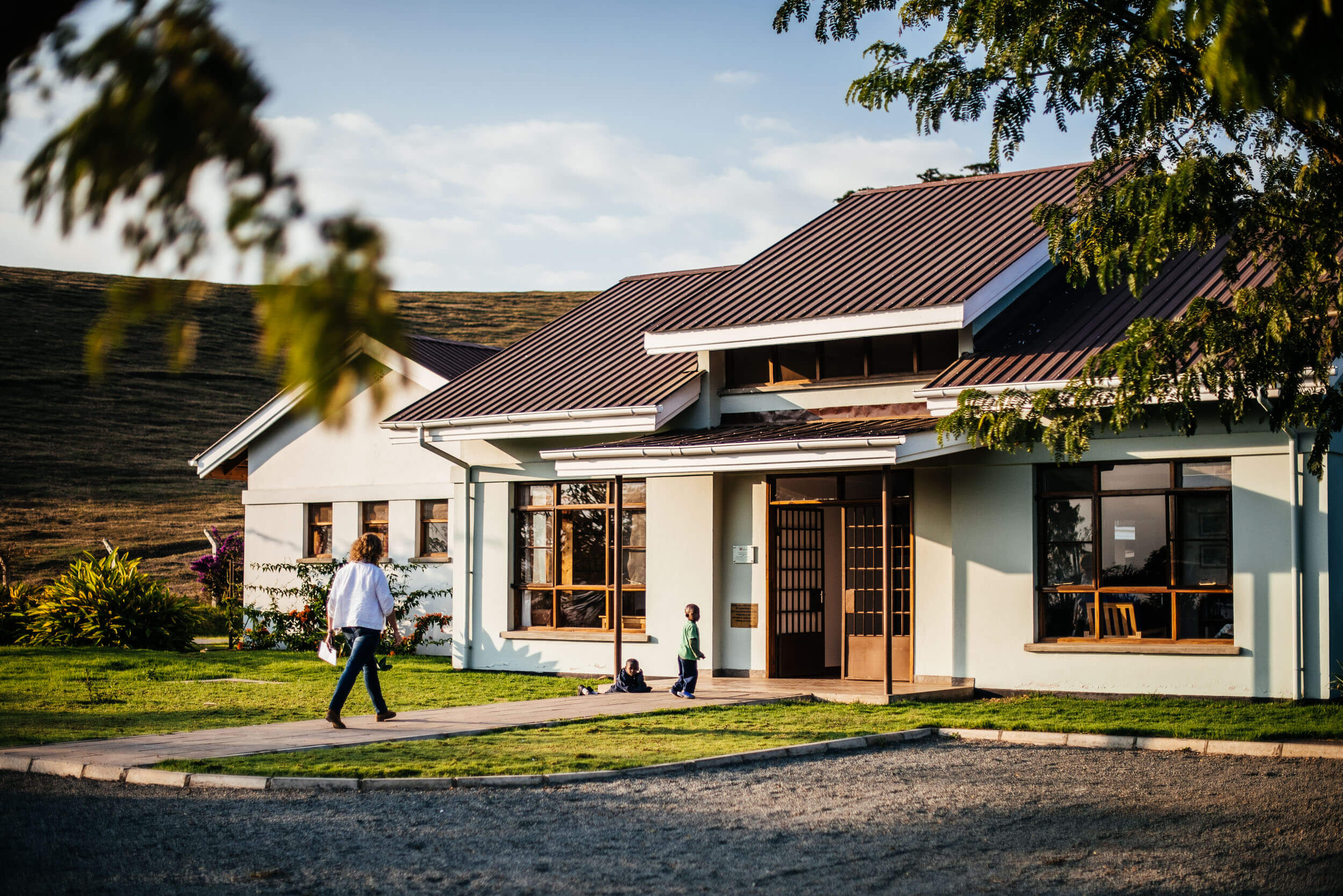
In the care of people like Jackie, a physical therapist who trained for three years in order to help patients like Mosonik, Mosonik began a treatment consisting of of gentle manipulations to straighten her feet using plaster casts. She was later sent to Arusha Lutheran Medical Center for a final corrective surgery, followed by the use of foot abduction braces. “It’s a miracle to see children come in with feet completely turned in and to watch them leave walking,” Jackie told us.
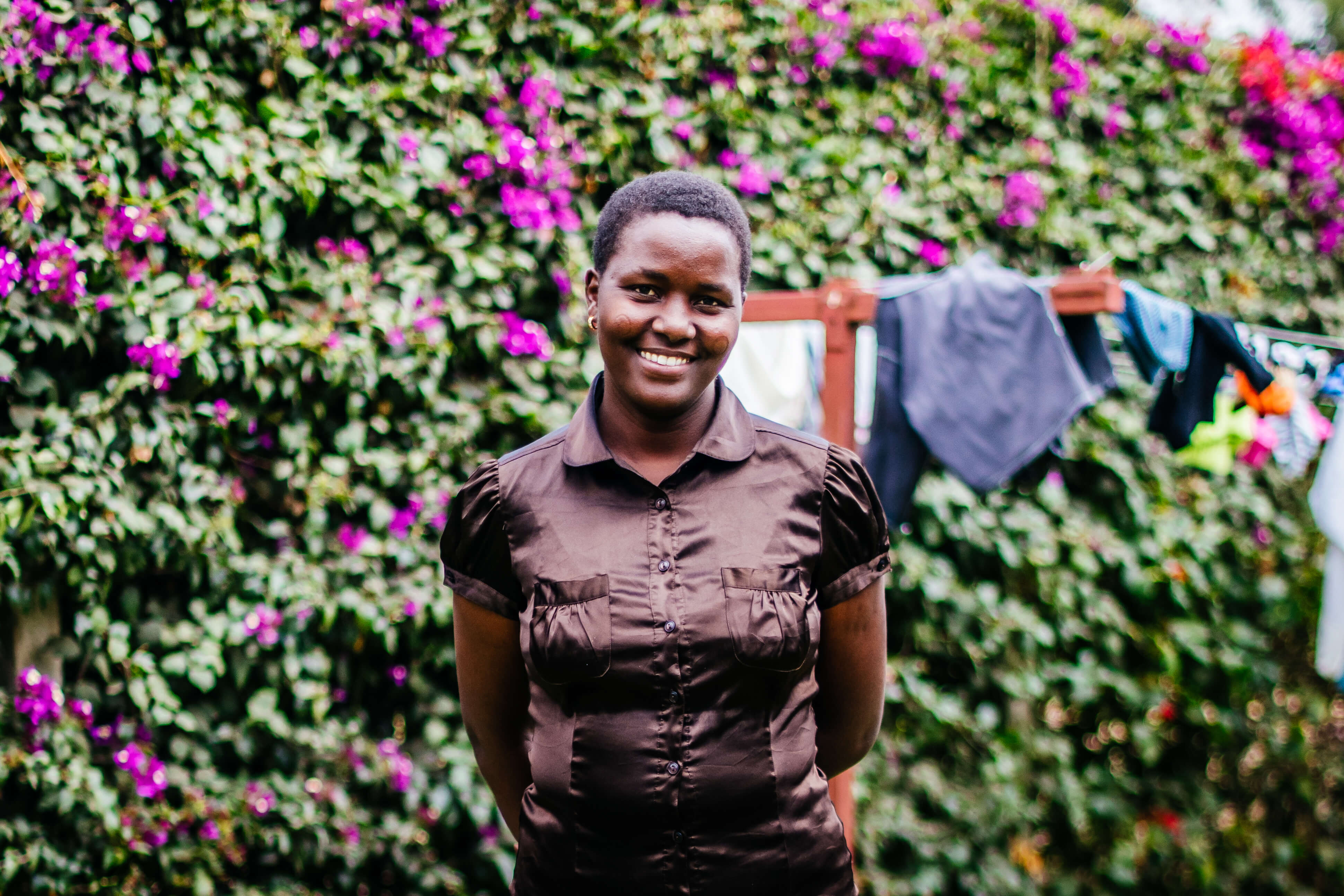
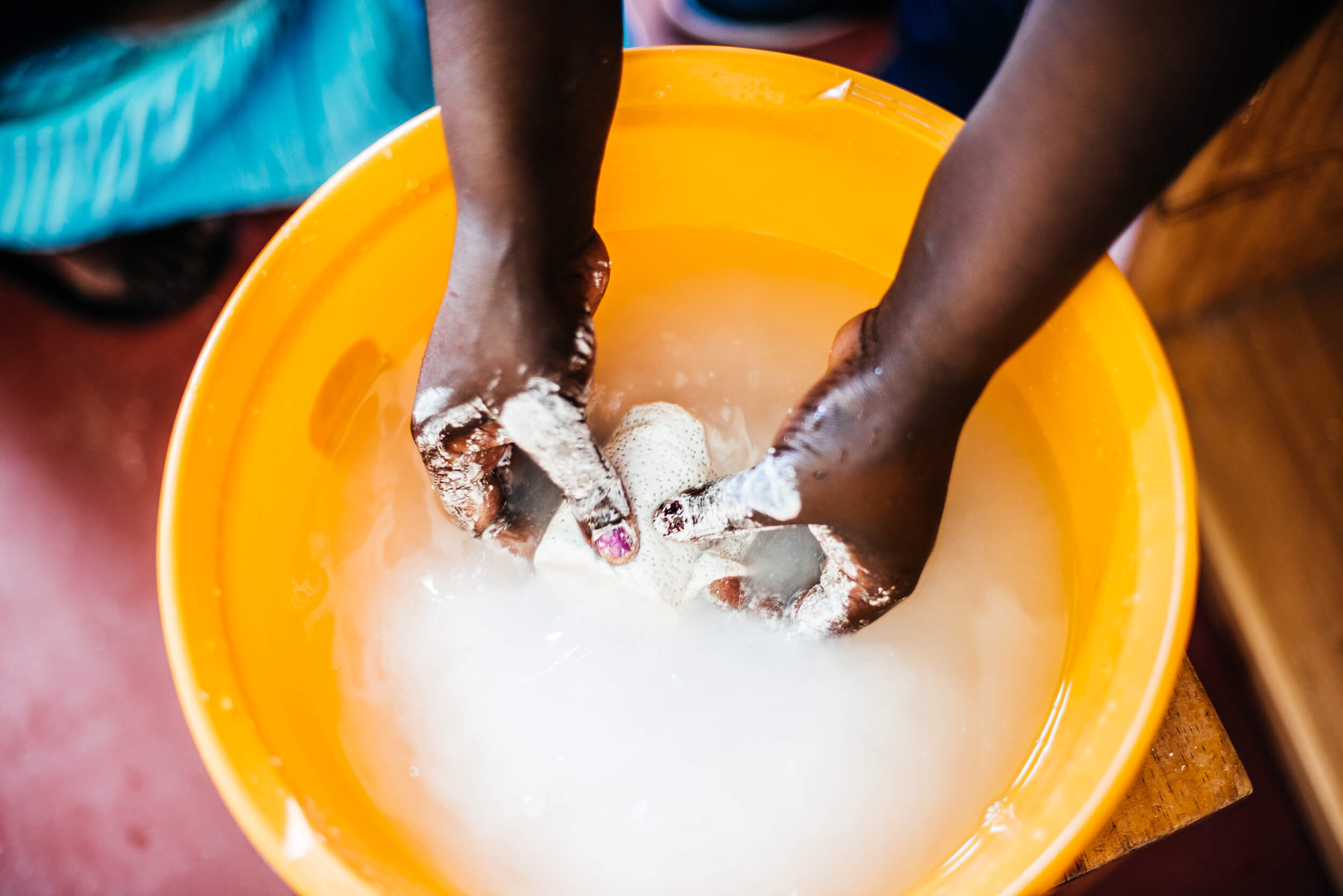
A few weeks into treatment, Mosonik’s mom could see her daughter getting stronger and healthier. ”Now I can’t stop smiling when I think about my daughter walking.”
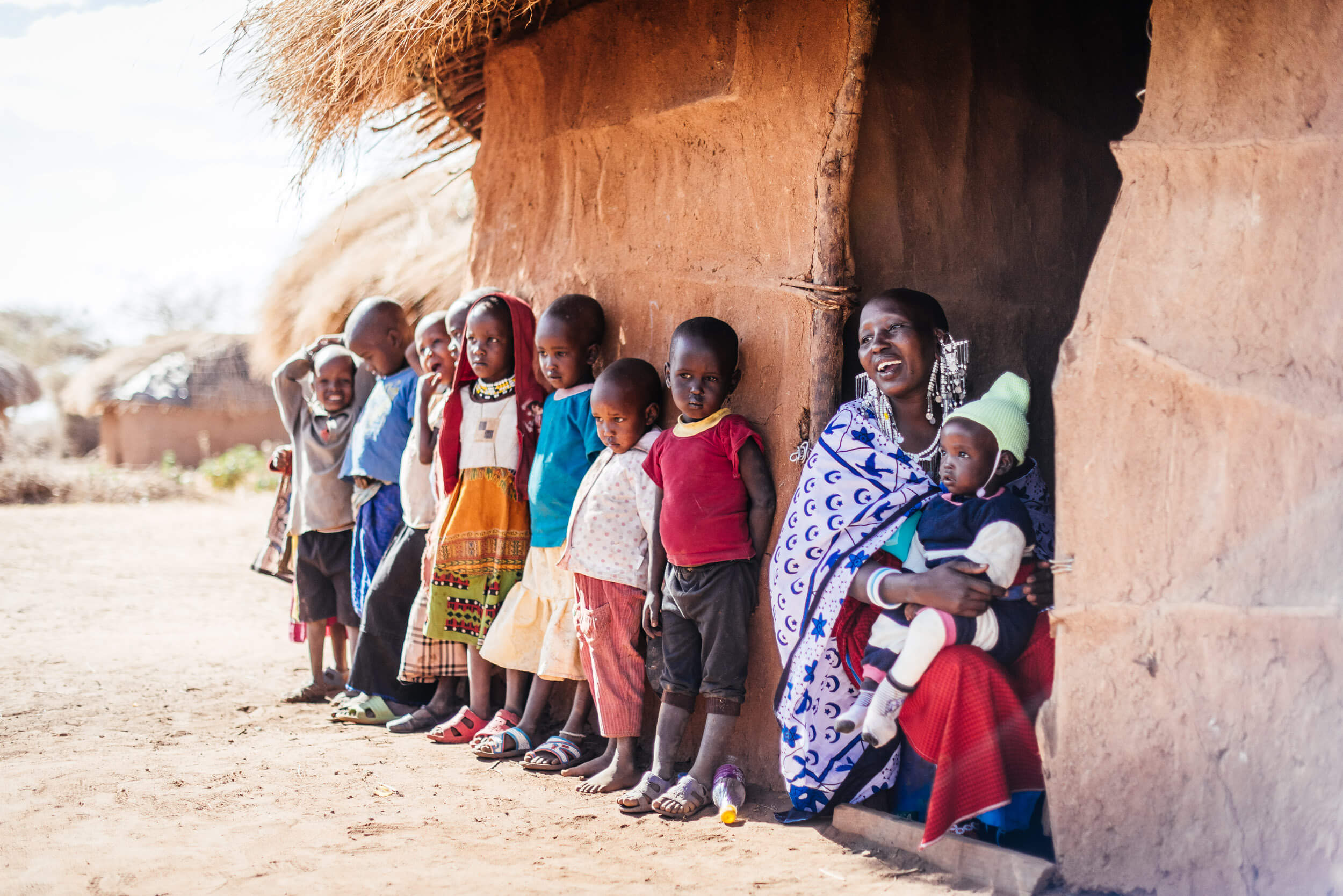
Back at home, Mosonik's diagnosis and treatment has given her village new knowledge and resources. Thankful that clubfoot is no longer a problem without a solution, Mosonik’s father is now an advocate for the Plaster House, sharing his experience with parents who have children with disabilities.
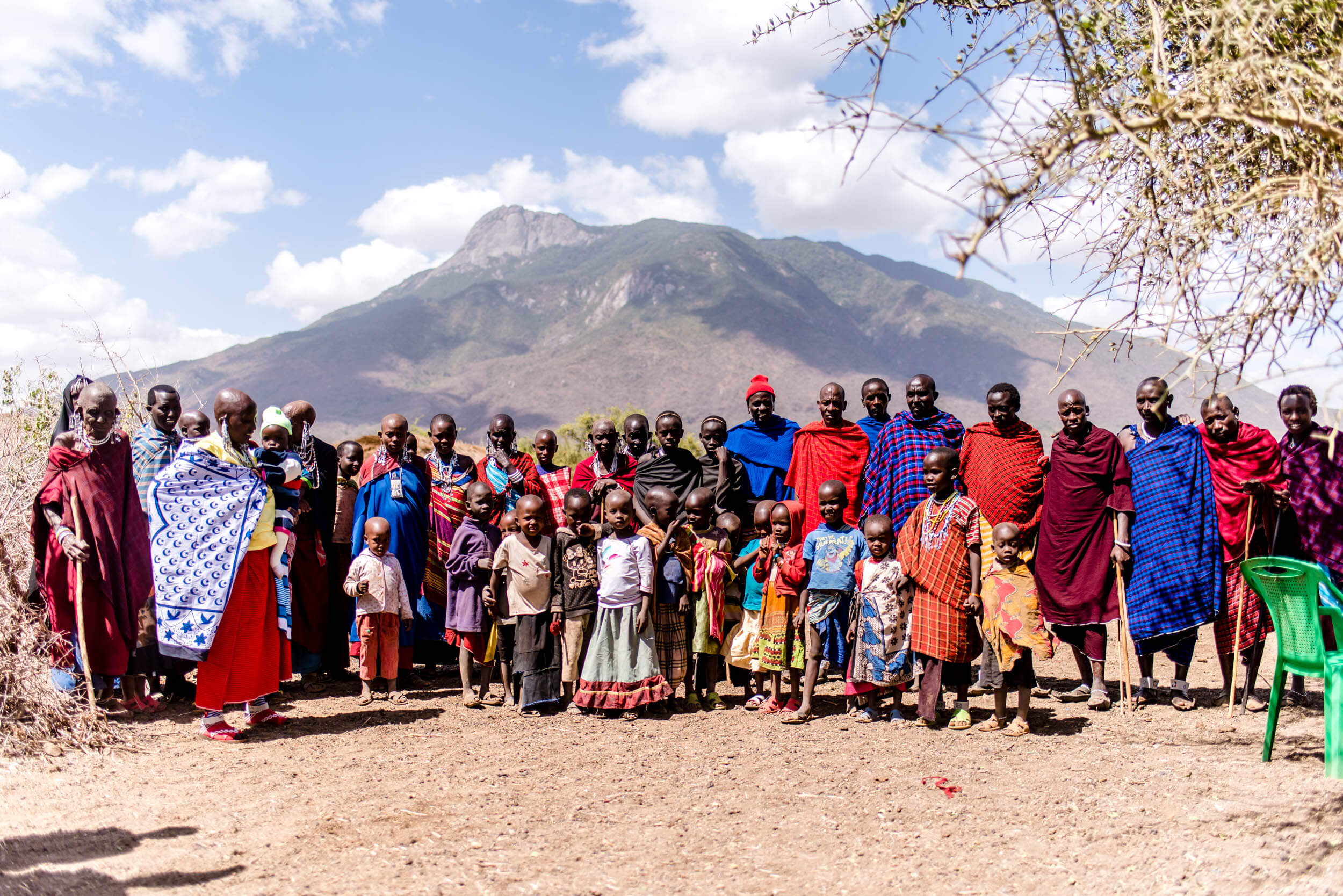
Mosonik’s network—her village, neighbors, Sarah, Jackie, Arusha Lutheran Medical Centre, and Plaster House—all came together to help her walk without pain, but treatment would not have been possible without donors funding her life-changing care.
You can be an important part of someone's network from across the globe.
The Watsi Team
Everyone deserves healthcare.